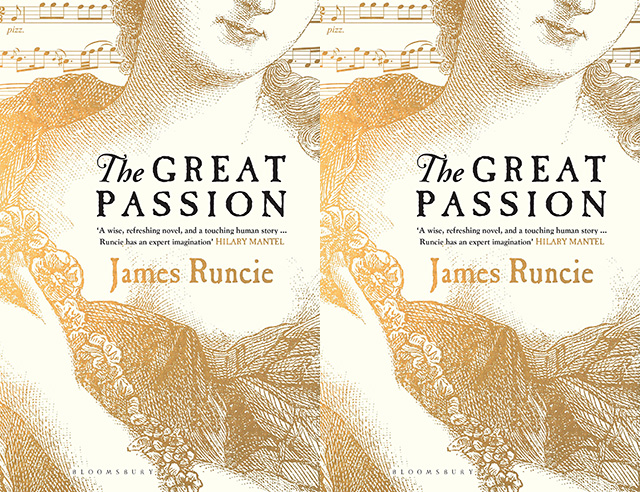The Great Passion
Book review

The Great Passion, James Runcie, Bloomsbury Publishing, 2022, 260p, £16.99. ISBN 978-1-4088-8551-2.
One of my academic mentors, Professor Alan Everitt, believed that novels set in carefully researched setting could be a very reliable contemporary source for historians. My experience confirms his judgement: Jerome K. Jerome’s Three Men in a Boat contains crucial and accurate social descriptions which provide historical social analysis; so does Robert Surtees’ Jaunts and Jollities of Mr Jorrocks with his accurate description of the hunting landscape of South East England; and Walter Brierley’s Means Test Man is a social comment which almost provided a mirror on our own times.
Of course, there are also novels set in different historical eras from the authors, such as Charles Dickens’ Tale of Two Cities and Barnaby Rudge, which enable us to know that the creation of a story in another historical setting can be accomplished very effectively. This brings me quite naturally to this novel by James Runcie.
What he has achieved is to draw together a major musical creation and its celebrated composer with a carefully crafted setting in Leipzig in 1726-7. ‘The Great Passion’, what we know as ’the St Matthew Passion’, Johann Sebastian Bach’s great offering to the world is depicted amidst a complex storyline which involves a young man from an organ-building family, with some musical understanding, being introduced to the challenging context of a school, of which Bach is the Cantor.
What is clear to me is that James Runcie has used both his actual skills and knowledge of musical composition but also of organ construction to give his story very considerable additional substance.
This historian has enjoyed a strong storyline which kept him fully engaged but, professionally, he would have to leave the literary assessment of Runcie’s writing to other specialists. What is clear to me, however, is that the background to the story is so carefully researched and informed that this book would be a very useful source material to other historians who were trying to understand life in a German city like Leipzig at the beginning of the eighteenth century.I am confident of the setting provided and would encourage others to enjoy ‘The Great Passion’. It interweaves a series of stories in a very coherent fashion and, for me, this is re-enforced by the authenticity of its central context and its setting.

